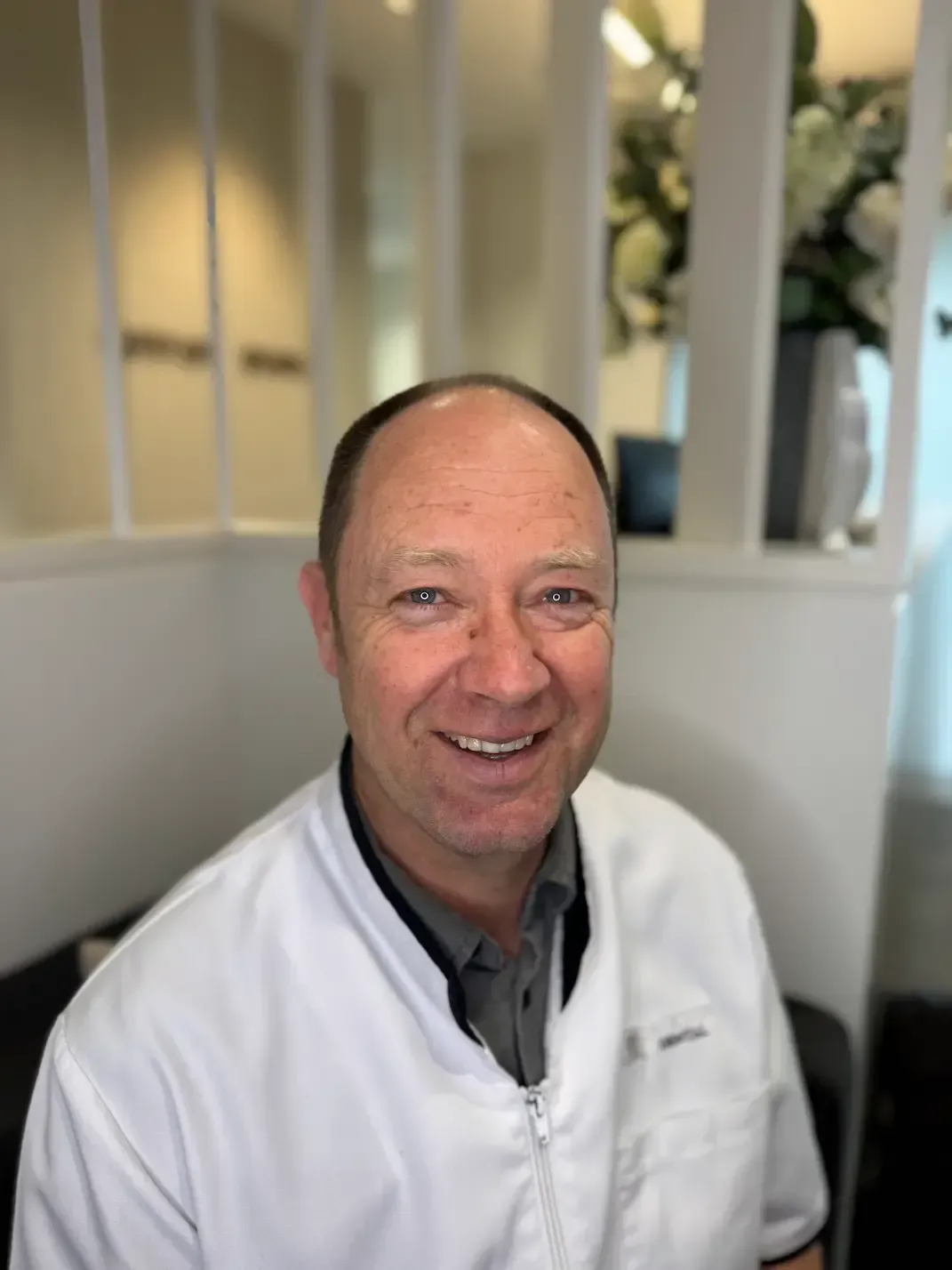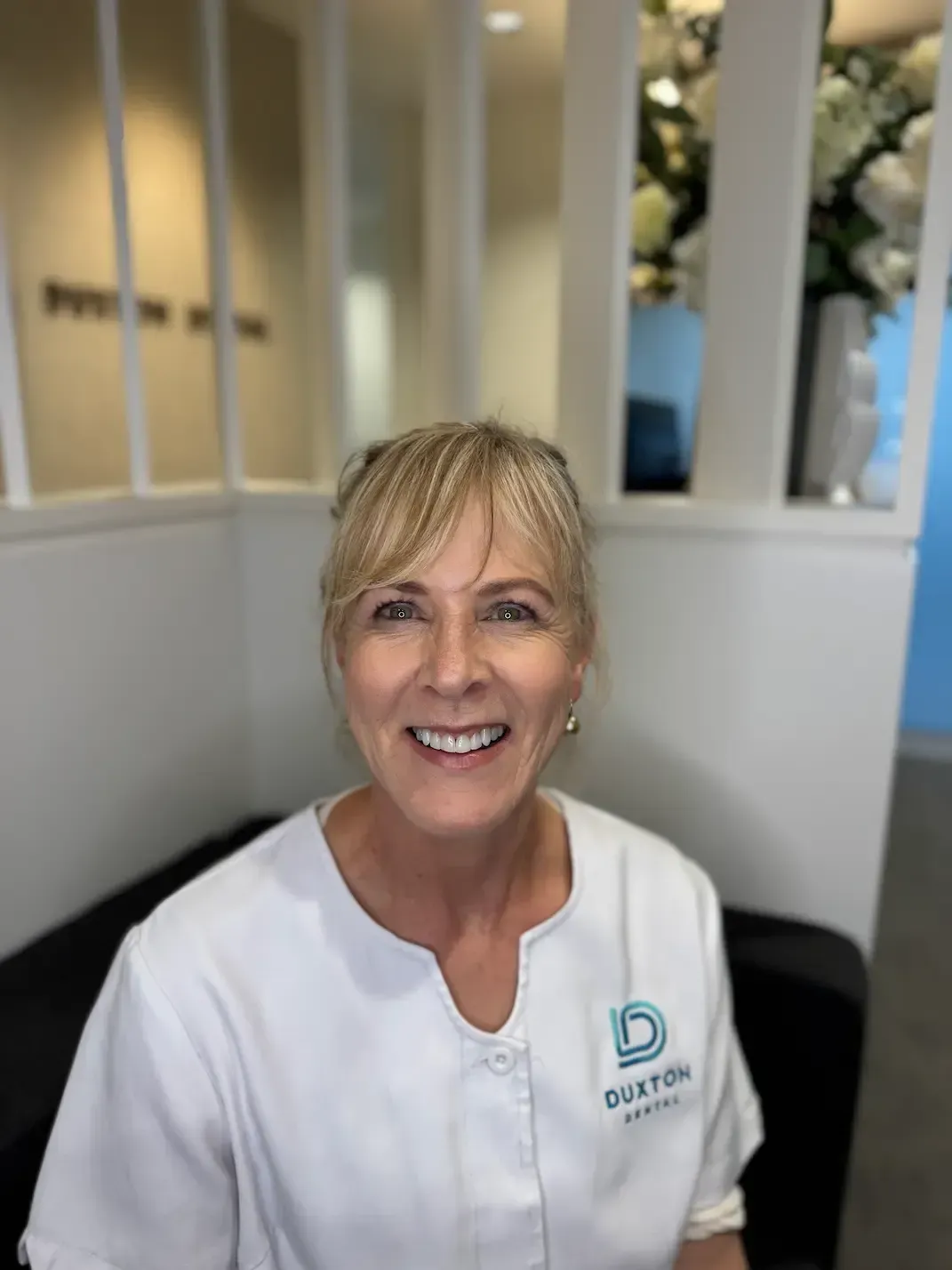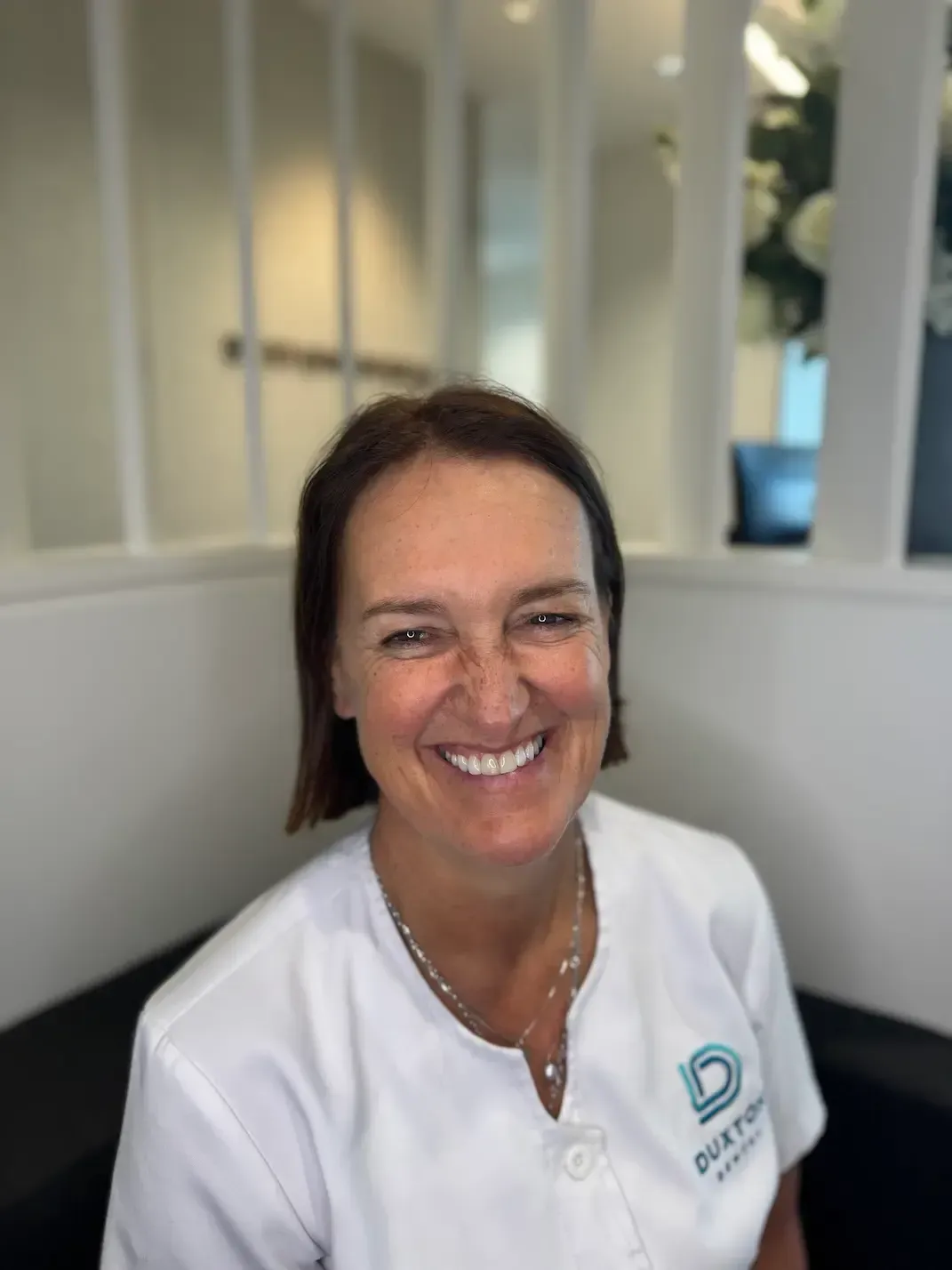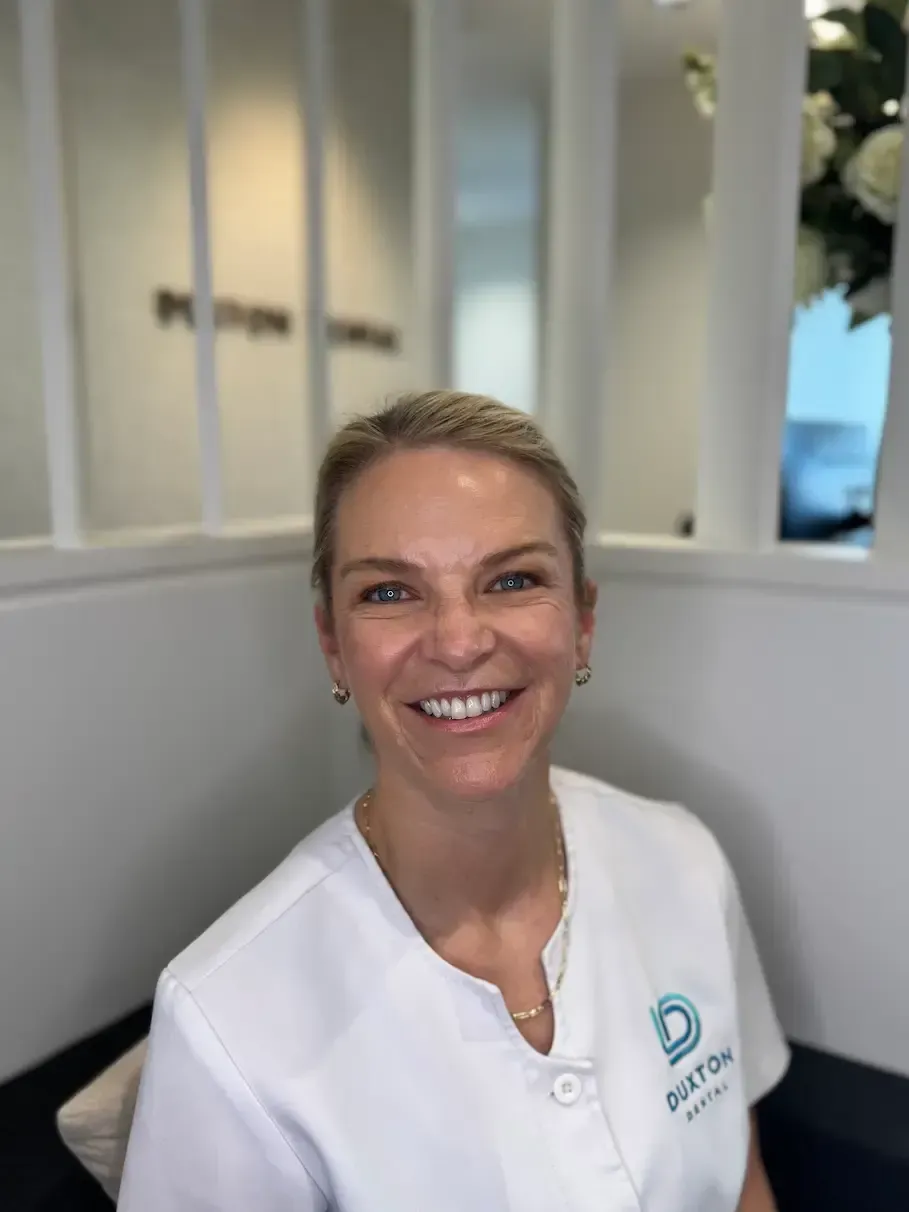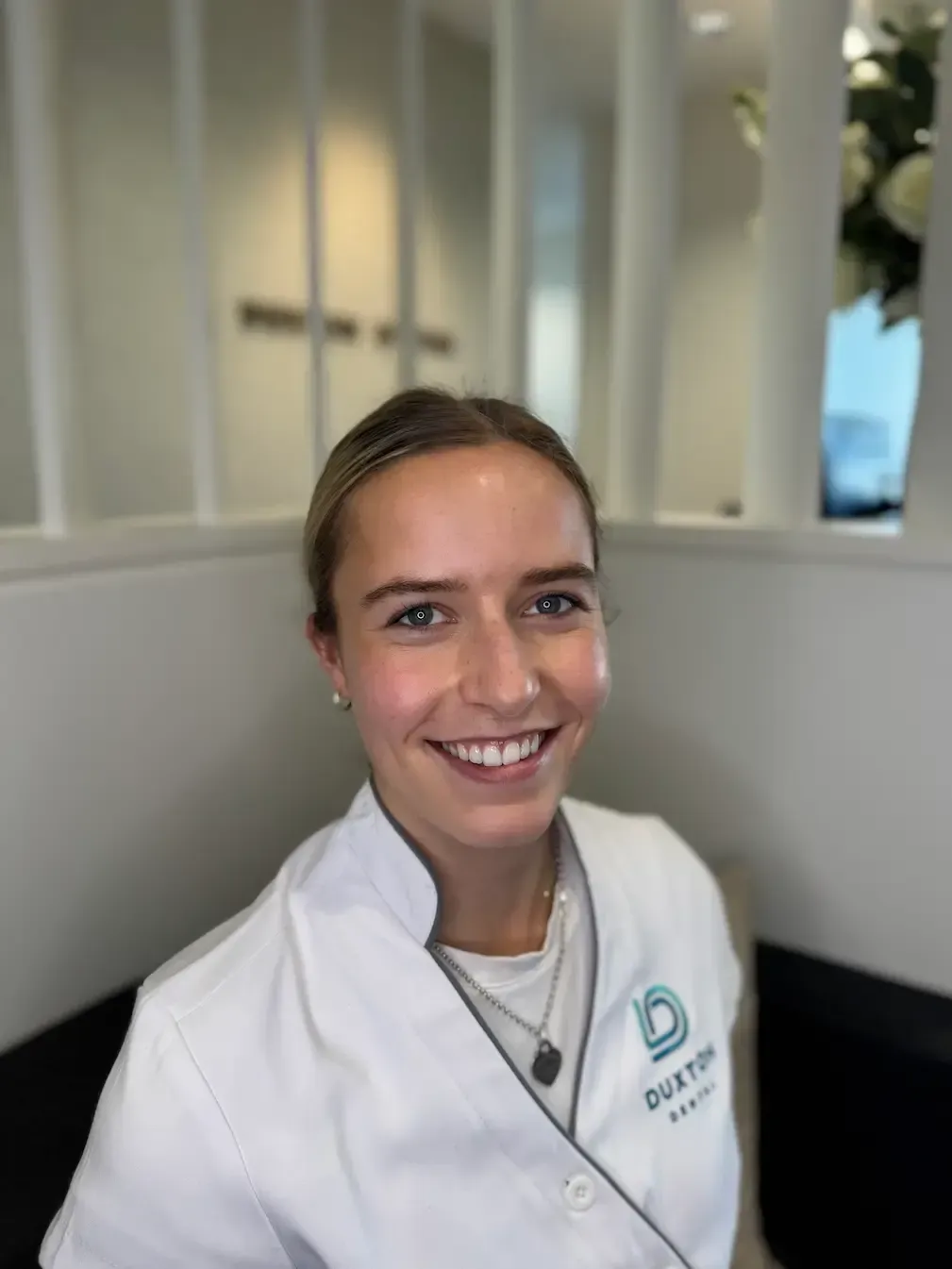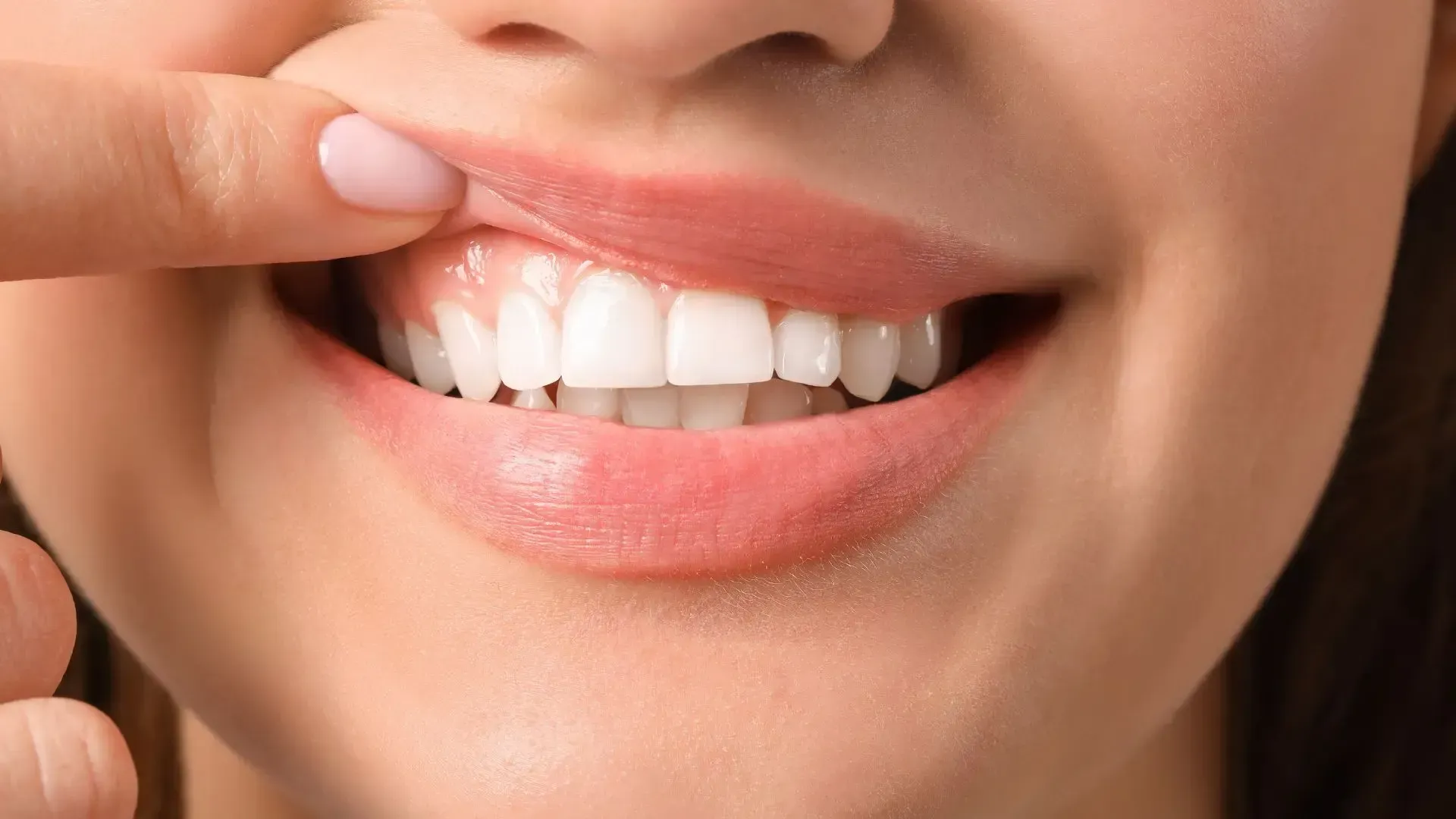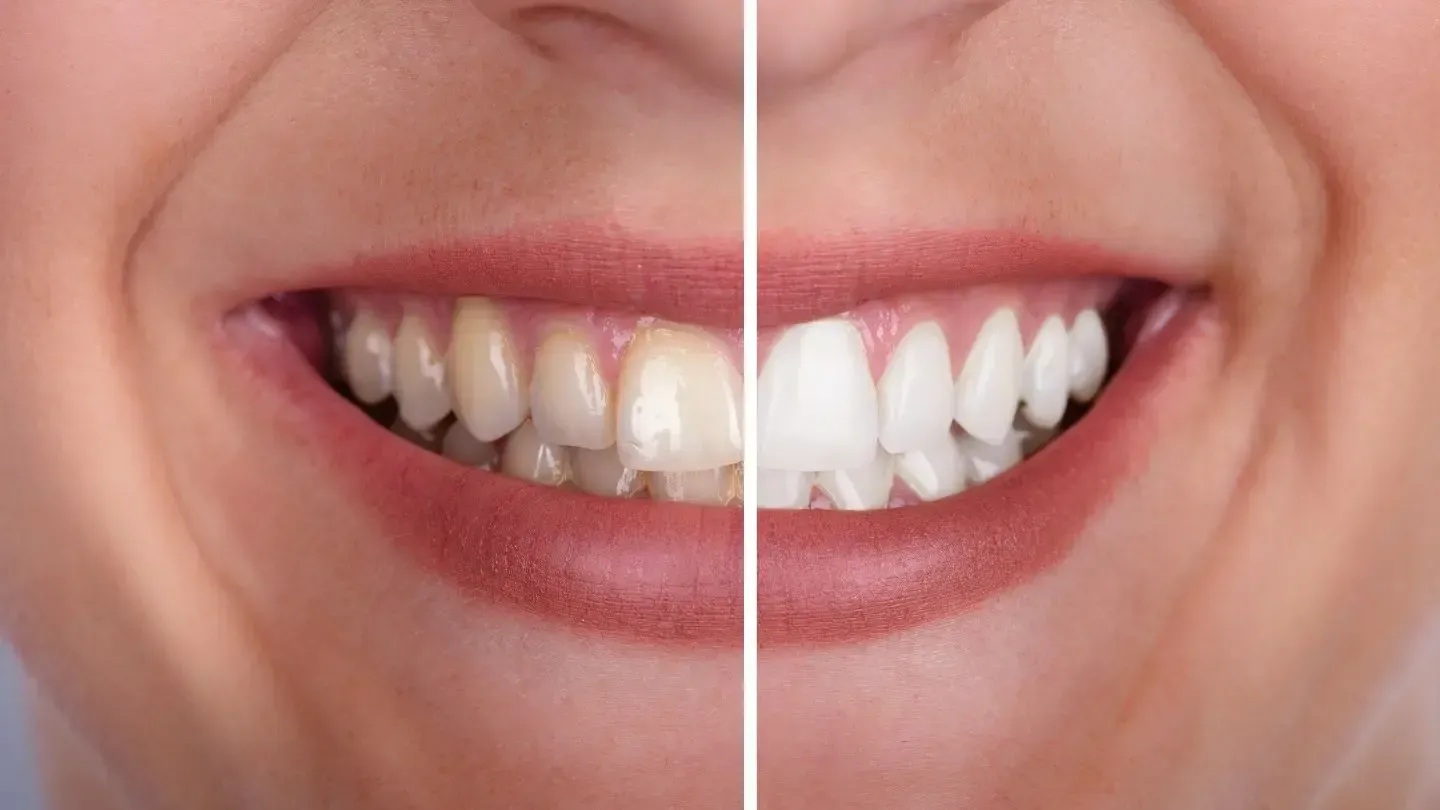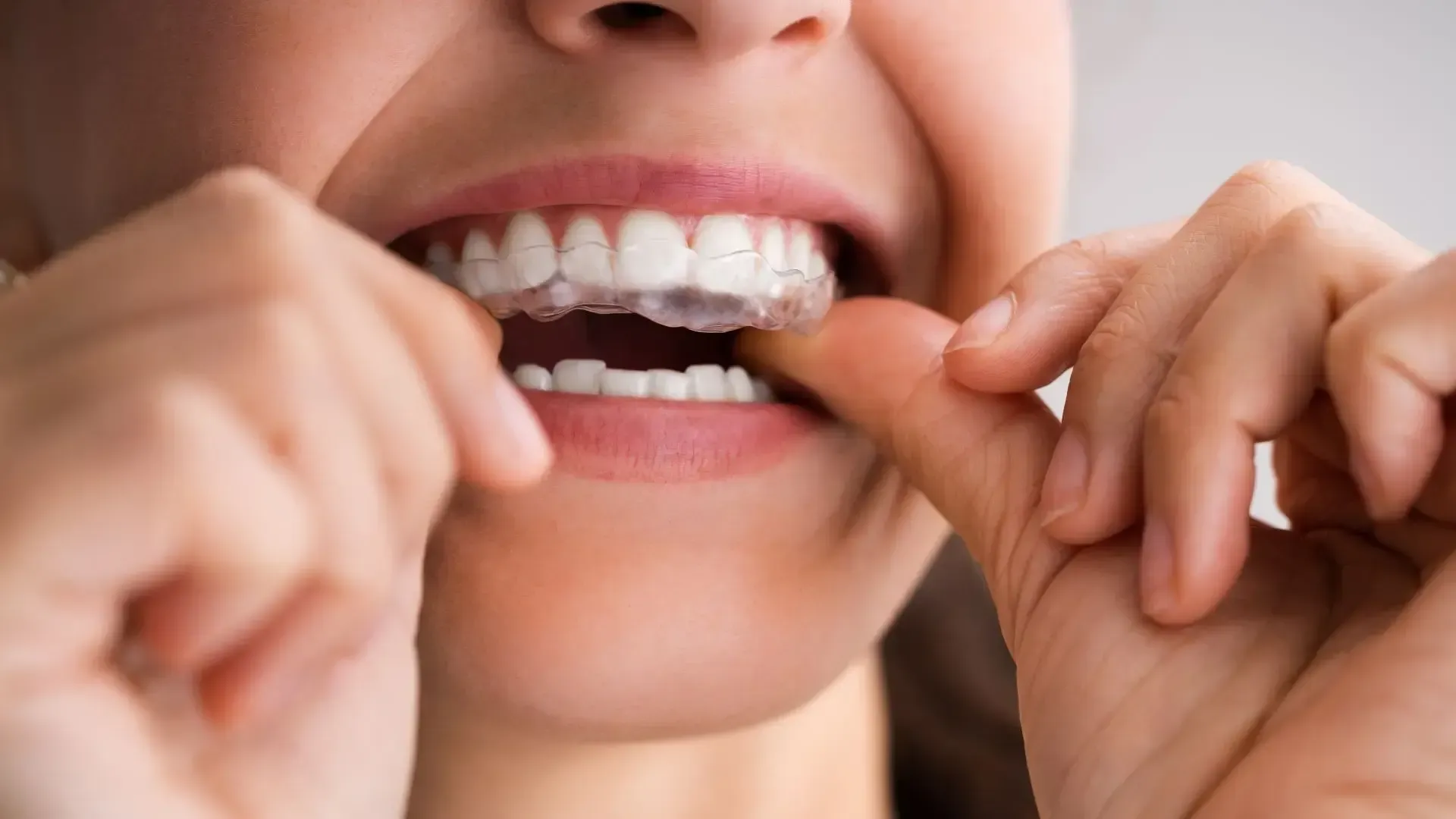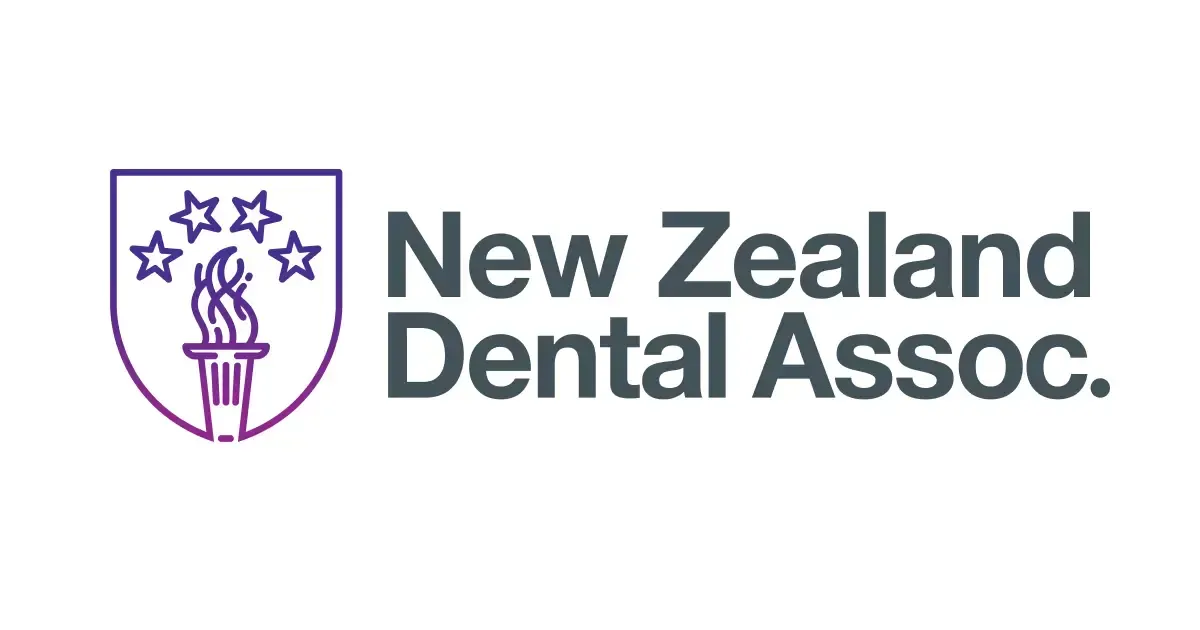Routine dental appointments: check-up on oral cancer
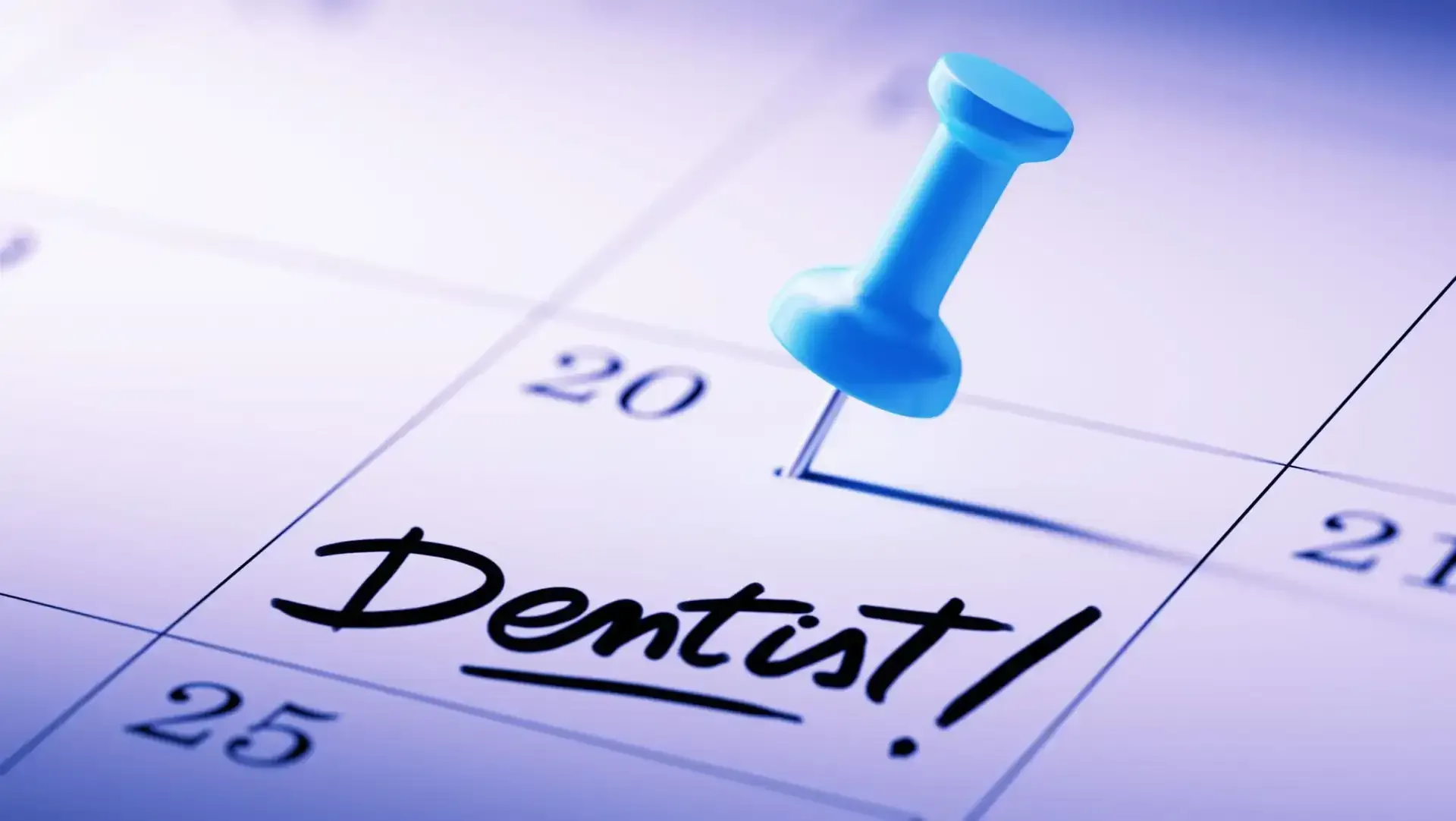
If you have had the pleasure of attending one of Duxton Dental’s Christchurch dentist appointments, you will be more than familiar with how thorough they are. No tooth is left unturned.
When you visit our Christchurch dental practice for a check-up, we’re not just
examining for tooth decay or
gum disease, or whether
you need orthodontic braces, we’re assessing the oral cavity for any changes that may have occurred since your previous visit. Oral cancers are on the rise in New Zealand, and dentists play a key role in early detection.
This article is not intended to scare you or make you worried in any way. It is to raise awareness of the signs and symptoms of mouth cancer, and the steps you can take to minimise the risk.
It’s important to have an understanding of the early warning signs of oral cancer. Do you have a mouth ulcer refusing to heal, a red or white patch in your mouth, or perhaps you’ve just noticed a new discomfort in your mouth?
Oral health reflects general health.
As dentists we know the signs to look out for, but do you?
- A mouth sore that doesn’t seem to heal.
- A mouth sore that bleeds.
- The lining of your mouth feels like it is thickening.
- You can feel a lump or growth in your mouth.
- Your teeth feel loose.
- Your dentures no longer feel like they fit.
- You have pain or numbness in your tongue.
- You have jaw pain, or it feels stiff.
- Chewing is difficult or becomes painful.
- Swallowing is difficult or becomes painful.
- Your voice goes raspy or hoarse.
- Your throat is persistently sore.
Several of these symptoms are very standard reasons for patients to come and visit our Riccarton dental clinic. However, because they are common does not you should delay seeking further advice. If you experience any of the above, make an appointment with your dentist or doctor as soon as you can. You may have one of the symptoms, but it does not mean you have mouth cancer.
Causes of oral cancers
- Smoking
- Drinking a high level of alcohol
- Viral infections (HPV)
- High sun exposure
- A poor diet
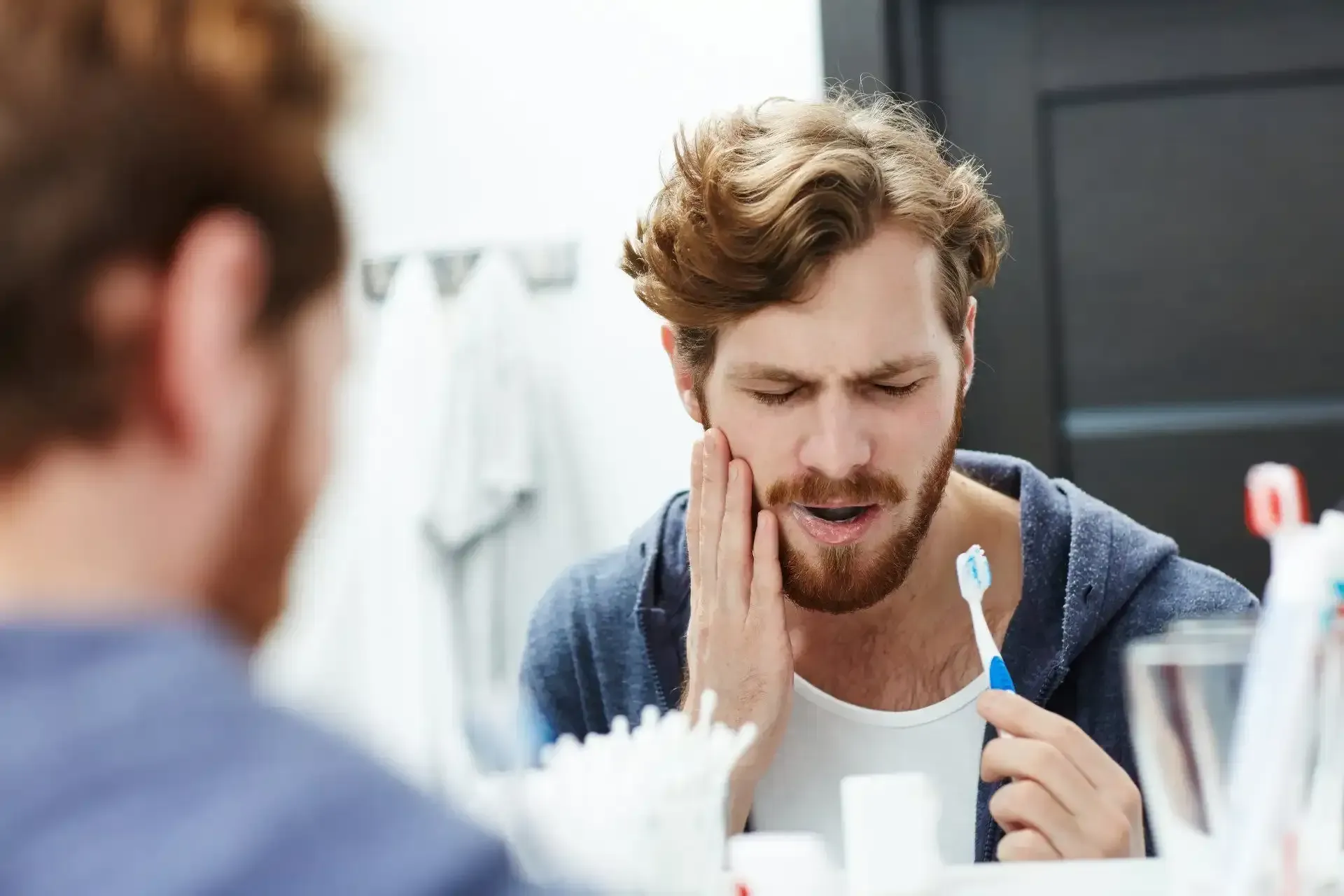
7 steps to minimise the risk of mouth cancer
Your risk of developing oral cancer increases as you get older. Typically, oral cancer occurs in people over 40, so you must be proactive and try to keep healthy and reduce the risk of oral cancer.
- Tobacco is responsible for 65% of oral cancers. Stop smoking.
- Excessive alcohol drinking is responsible for 30% of oral cancers.
- Eat healthily - aim to eat a rainbow of vegetables and fruit.
- Brush your teeth at least twice a day and get to know what normal is for your teeth, gums, and the roof of the mouth.
- Wear sunscreen on your lips.
- Practice safe sex. HPV is a common sexually transmitted infection.
- Maintain regular 6-month dental check-ups.
Regular check-ups enable our preventative approach to dental issues, but they are also essential for
monitoring your oral health. If you have any concerns about your mouth’s health or notice any changes – no matter how insignificant they may seem - please book an appointment.
Click here or call 03 348 5488

